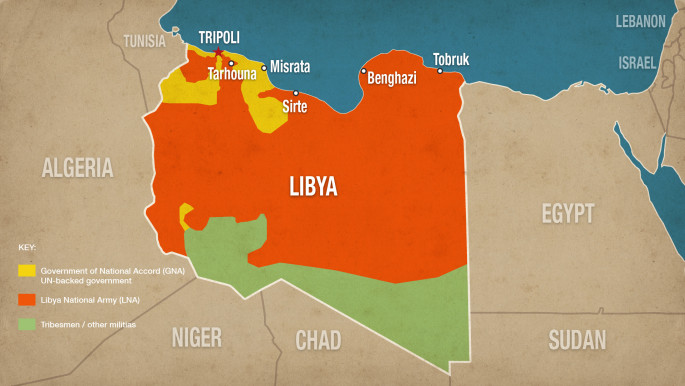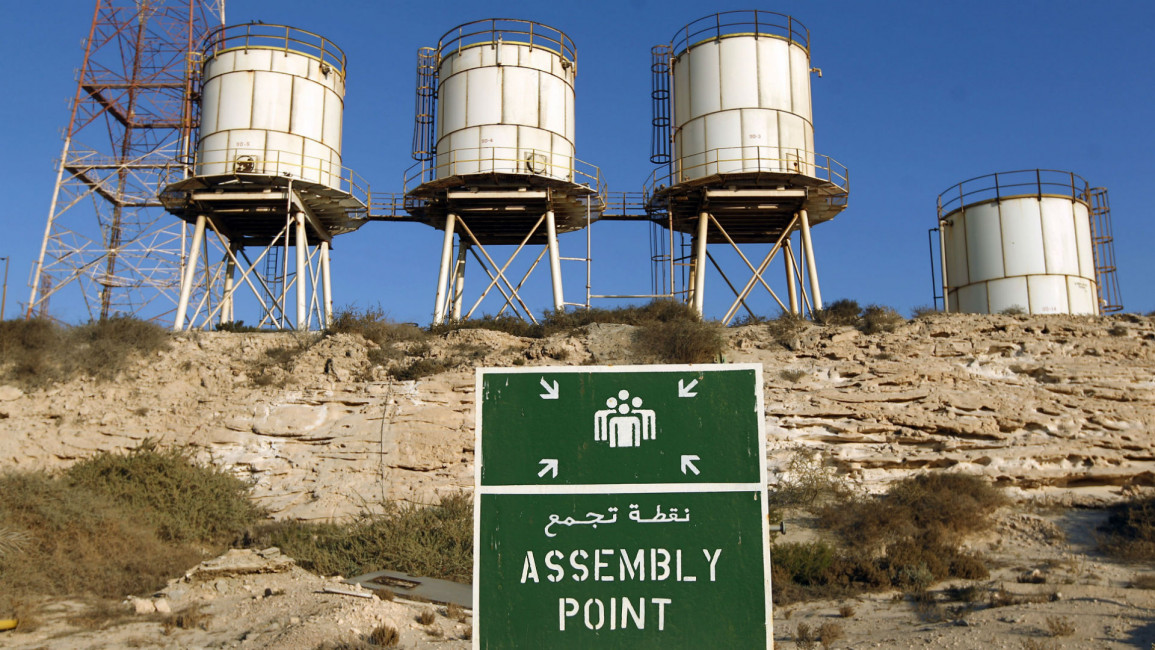Production resumes at second Libya oil field after unity government victories
Libya's National Oil Company said Monday it had restarted production at Al-Fil oil field, closed since January by the forces of eastern military strongman Khalifa Haftar.
The NOC's announcement came a day after output resumed at Al-Sharara oil field, the country's largest, following a string of victories against Haftar by forces backing Libya's Tripoli-based unity government.
"We announce the resumption of production at the Al-Fil field and the lifting of force majeure over crude exports from Al-Sharara and Al-Fil," the NOC said in a statement Monday.
Force majeure is a legal measure firms declare when they are unable to meet contractual obligations due to extenuating circumstances such as armed conflict or natural disasters.
Libya's NOC has used the instrument repeatedly in recent years due to fighting over oil fields and export terminals.
Haftar's forces seized the fields during an offensive early last year in which he seized much of the country's south followed by a push on the capital.
Read more: Egypt still backing Libyan warlord Haftar, for now, analysts say
But in recent weeks the UN-recognised Government of National Accord has pushed Haftar's forces away from Tripoli and advanced eastwards.
"The NOC will begin crude exports as soon as possible," said the state firm's chief Mustafa Sanallah in the statement on the NOC's website.
"I can confirm that crude oil has arrived at the Zawiya refinery (45 kilometres west of Tripoli) to begin petrol production for the local market" and relieve the state of the cost of importing hydrocarbons, he said.
"We hope that production will restart at all (Libya's) oil fields as soon as possible," he added.
Libya, which has Africa's richest proven crude reserves and relies on oil exports for almost all of state revenues, plunged into years of violence with the toppling and killing of longtime dictator Moamer Ghadaffi in 2011.
The country's oil fields, pipelines and terminals have frequently been damaged in fighting.
Libya had been producing some 1.25 million barrels per day before January, but this fell drastically as armed groups allied to Haftar blocked key oil infrastructure.
Al-Fil, some 750 kilometres southwest of Tripoli, is jointly managed by the NOC and Italian energy giant ENI.
It is estimated to hold over 1.2 billion barrels, with production capacity of 70,000 barrels per day.
Interruptions to oil exports have cost the Libyan treasury billions of dollars.



